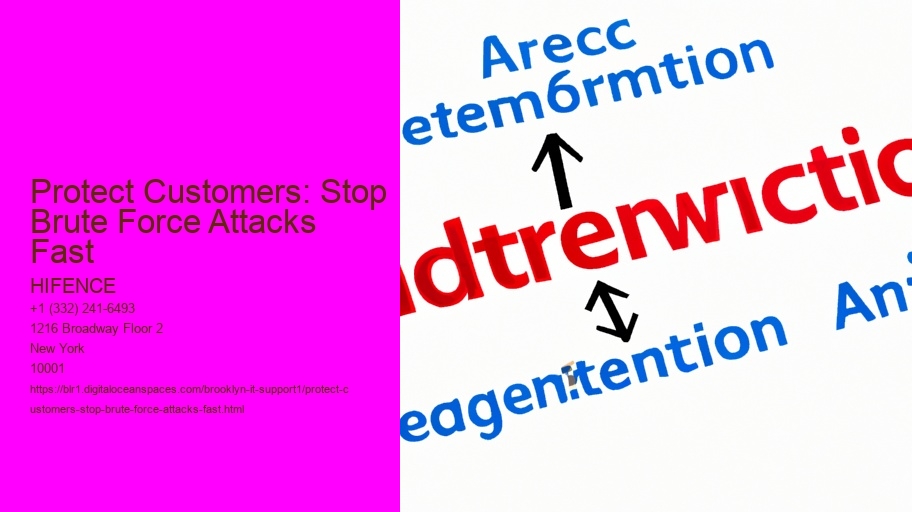Protecting customers. Its like guarding a precious treasure, isnt it? And brute force attacks? Ugh, those are the digital equivalent of a relentless siege, constantly hammering at the gates. They're not sophisticated, (they're more like a digital caveman with a password-guessing club), but they can be incredibly effective if left unchecked.
So, how do we actually stop these digital barbarians? It's not just about hoping they'll give up (because spoiler alert: they wont). We need proactive measures, right? Think of it like this: you wouldnt just leave your front door unlocked and expect nobody to walk in, would you?
One crucial element is rate limiting. This isnt about restricting legitimate users, but about identifying and slowing down suspicious activity. If someones trying hundreds of passwords per minute, well, thats a big red flag, wouldnt you say?
Protect Customers: Stop Brute Force Attacks Fast - managed service new york
- managed it security services provider
- check
- managed service new york
- managed it security services provider
- check
- managed service new york

Another key aspect is multi-factor authentication (MFA). Honestly, its a lifesaver.
Protect Customers: Stop Brute Force Attacks Fast - managed services new york city
- check
- check
- check
- check
- check
- check
- check
- check
- check
Protect Customers: Stop Brute Force Attacks Fast - managed service new york
- managed services new york city
- managed service new york
- check
- managed service new york
- check
- managed service new york
- check
- managed service new york
- check
- managed service new york
- check
- managed service new york
- check
Also, don't discount the power of account lockout policies. After a certain number of failed login attempts, lock the account! Its not about punishing the user (a quick password reset can fix that), but about preventing the attacker from continuing their assault. Think of it as temporarily disabling the door so they can't keep ramming it.

Furthermore, keep an eye on your logs! (Yes, it can be tedious, I know). But monitoring login attempts can reveal patterns and identify potential attacks before they succeed.
Protect Customers: Stop Brute Force Attacks Fast - check
And lets not forget about educating users! They are, after all, the first line of defense. They shouldnt be using easily guessable passwords (like "password123," seriously, dont!), and they should be aware of phishing attempts (which can lead to compromised credentials).
Ultimately, stopping brute force attacks fast requires a multi-layered approach. Its a combination of technical safeguards, proactive monitoring, and user education. Its not a single solution, but a continuous effort to protect your customers and their valuable data. And isnt that what its all about?
